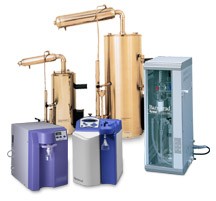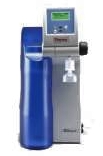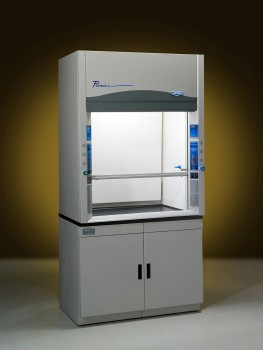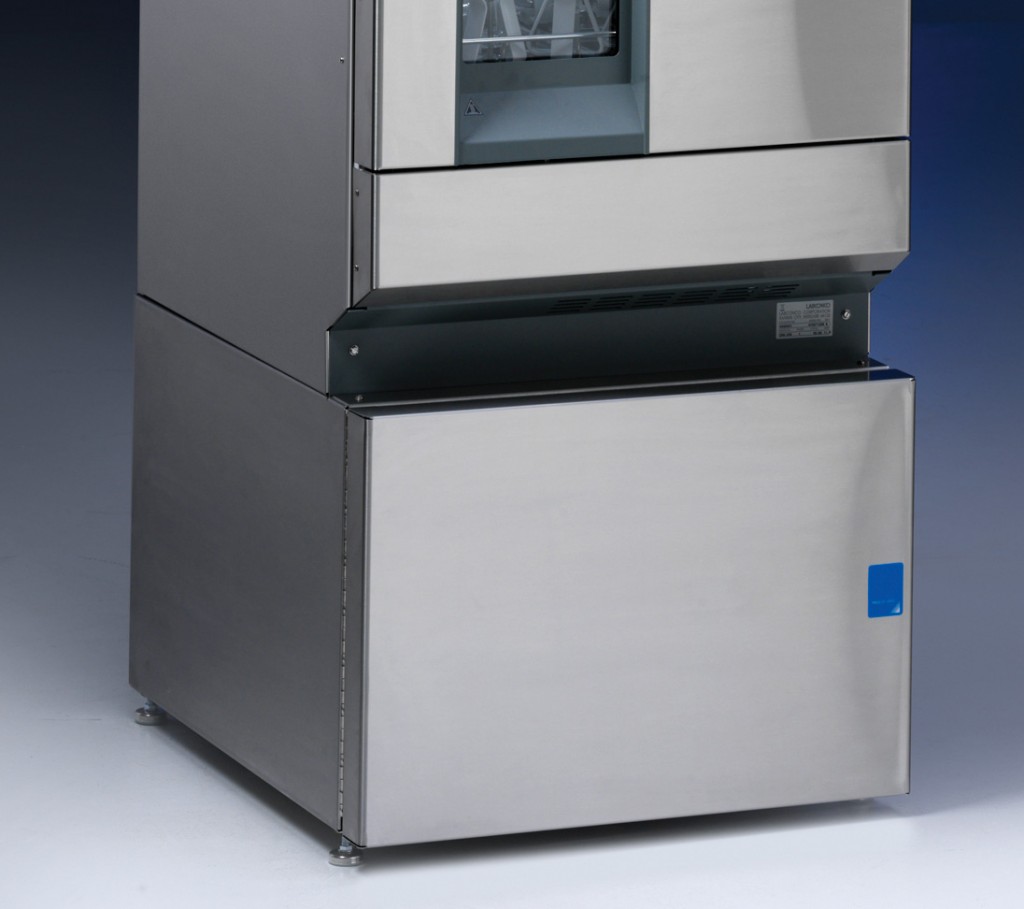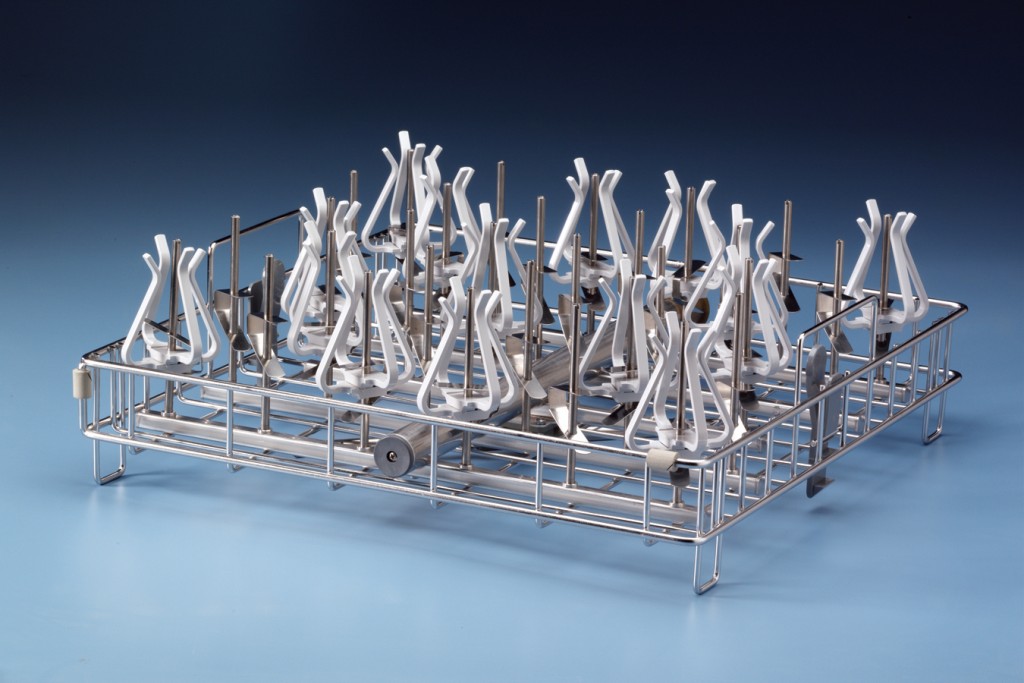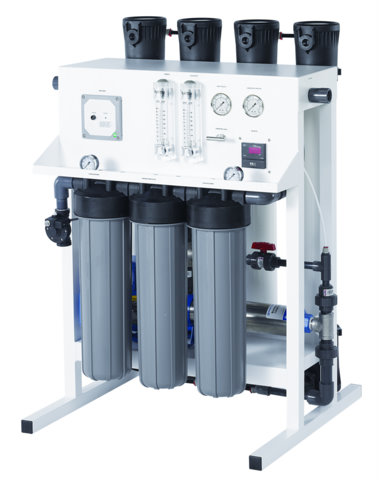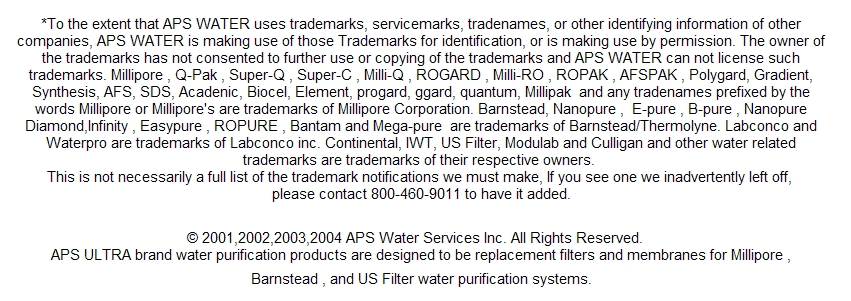Giardia contamination in water
What is Giardiasis?
Giardiasis (GEE-are-DYE-uh-sis) is a diarrheal illness caused by a one-celled, microscopic parasite, Giardia intestinalis (also known as Giardia lamblia). Once an animal or person has been infected with Giardia intestinalis, the parasite lives in the intestine and is passed in the stool. Because the parasite is protected by an outer shell, it can survive outside the body and in the environment for long periods of time.
During the past 2 decades, Giardia infection has become recognized as one of the most common causes of waterborne disease (found in both drinking and recreational water) in humans in the United States. Giardia are found worldwide and within every region of the United States.
How do you get giardiasis and how is it spread?
The Giardia parasite lives in the intestine of infected humans or animals. Millions of germs can be released in a bowel movement from an infected human or animal. Giardia is found in soil, food, water, or surfaces that have been contaminated with the feces from infected humans or animals. You can become infected after accidentally swallowing the parasite; you cannot become infected through contact with blood.
Giardia can be spread by:
*Accidentally putting something into your mouth or swallowing something that has come into contact with feces of a person or animal infected with Giardia.
*Swallowing recreational water contaminated with Giardia. Recreational water includes water in swimming pools, hot tubs, jacuzzis, fountains, lakes, rivers, springs, ponds, or streams that can be contaminated with sewage or feces from humans or animals.
*Eating uncooked food contaminated with Giardia.
*Accidentally swallowing Giardia picked up from surfaces (such as bathroom fixtures, changing tables, diaper pails, or toys) contaminated with feces from an infected person.
What are the symptoms of giardiasis?
Giardia infection can cause a variety of intestinal symptoms, which include:
Diarrhea
Gas or flatulence
Greasy stools that tend to float
Stomach cramps
Upset stomach or nausea.
These symptoms may lead to weight loss and dehydration. Some people with giardiasis have no symptoms at all.
How long after infection do symptoms appear?
Symptoms of giardiasis normally begin 1 to 2 weeks (average 7 days) after becoming infected.
How long will symptoms last?
In otherwise healthy persons, symptoms of giardiasis may last 2 to 6 weeks. Occasionally, symptoms last longer.
Who is most likely to get giardiasis?
Anyone can get giardiasis.
Persons more likely to become infected include:
*Children who attend day care centers, including diaper-aged children.
*Child care workers.
*Parents of infected children.
*International travelers.
*People who swallow water from contaminated sources
Backpackers, hikers, and campers who drink unfiltered, untreated water.
*Swimmers who swallow water while swimming in lakes, rivers, ponds, and streams.
*People who drink from shallow wells.
*Contaminated water includes water that has not been boiled, filtered, or disinfected with chemicals. Several community-wide outbreaks of giardiasis have been linked to drinking municipal water or recreational water contaminated with Giardia.
What should I do if I think I may have giardiasis?
See your health care provider.
How is a Giardia infection diagnosed?
Your health care provider will likely ask you to submit stool samples to check for the parasite. Because Giardia can be difficult to diagnose, your provider may ask you to submit several stool specimens over several days.
What is the treatment for giardiasis?
Several prescription drugs are available to treat Giardia. Although Giardia can infect all people, young children and pregnant women may be more susceptible to dehydration resulting from diarrhea and should, therefore, drink plenty of fluids while ill.
My child does not have diarrhea, but was recently diagnosed as having giardiasis.
My health care provider says treatment is not necessary. Is this true?
Treatment is not necessary when the child has no symptoms. However, there are a few exceptions. If your child does not have diarrhea, but is having nausea, fatigue (very tired), weight loss, or a poor appetite, you and your health care provider may wish to consider treatment. If your child attends a day care center where an outbreak is continuing to occur despite efforts to control it, screening and treating children who have no obvious symptoms may be a good idea. The same is true if several family members are ill, or if a family member is pregnant and therefore not able to take the most effective anti-Giardia medications.
If I have been diagnosed with giardiasis, should I worry about spreading the infection to others?
Yes, a Giardia infection can be very contagious. Follow these guidelines to avoid spreading giardiasis to others:
Wash your hands with soap and water after using the toilet, changing diapers, and before eating or preparing food.
Do not swim in recreational water (pools, hot tubs, lakes or rivers, the ocean, etc.) if you have Giardia and for at least 2 weeks after diarrhea stops. You can pass Giardia in your stool and contaminate water for several weeks after your symptoms have ended. This has resulted in outbreaks of Giardia among recreational water users.
Avoid fecal exposure during sexual activity.
How can I prevent a Giardia infection?
Practice good hygiene.
Wash hands thoroughly with soap and water.
Wash hands after using the toilet and before handling or eating food (especially for persons with diarrhea).
Wash hands after every diaper change, especially if you work with diaper-aged children, even if you are wearing gloves.
Protect others by not swimming if you are experiencing diarrhea (essential for children in diapers).
Avoid water that might be contaminated.
|
Images are representative of the products. Images may or may not be of the actual product. If it is important e-mail us for an actual image if available.
* Flat Rate UPS shipping when able to ship via UPS and is in the USA excluding Hawaii and Alaska.
Larger Items may not be able to ship via UPS, in that case freight charges will be quoted seperately.
International shipping will be quoted after the order is placed. You will have the opportunity to cancel before we finalize your order.
Terms and conditions
Credit Application
Privacy
Policy
List All Products
|
